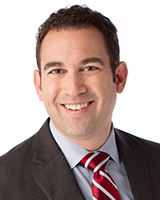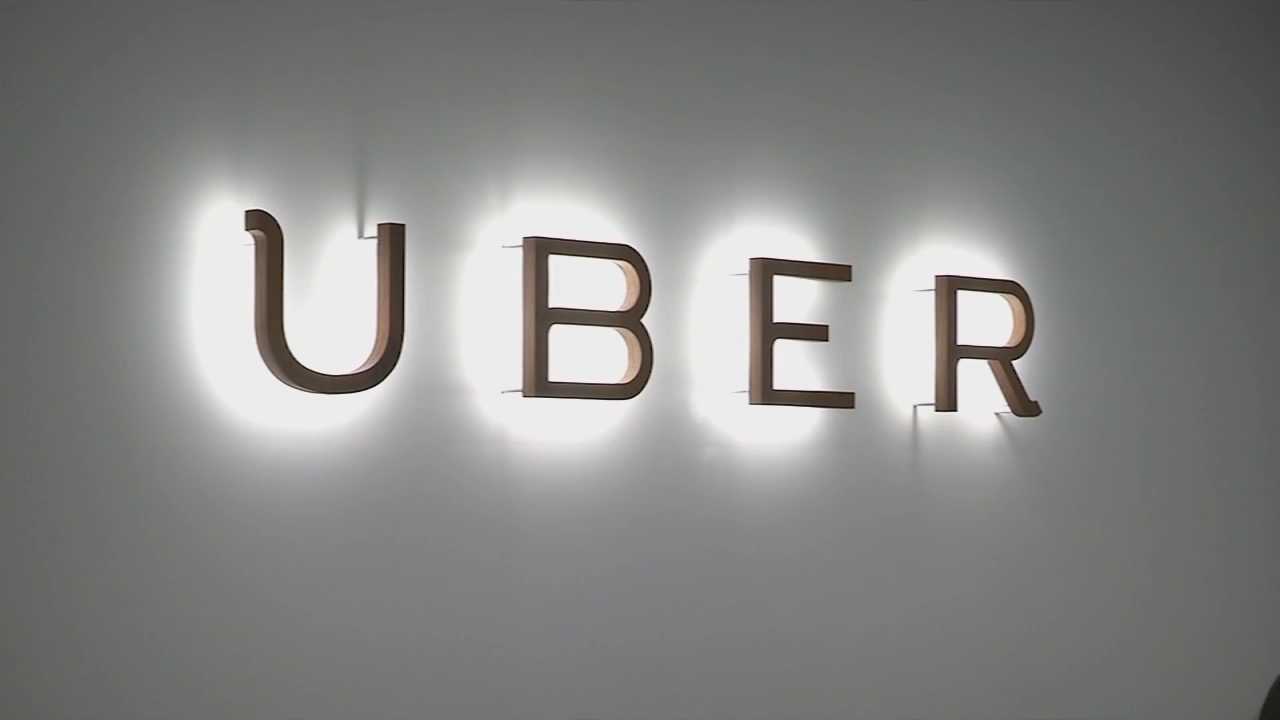Uber-Waymo trial could change how Silicon Valley does business


SAN FRANCISCO (KGO) -- It's been called one of the most important trials in Silicon Valley's history: the showdown over self-driving cars between Uber, the ride-hailing giant, and Waymo, which is part of Google's parent company.
On Monday, both sides presented opening arguments and Waymo CEO John Krafcik was first to take the witness stand. As the plaintiff, Waymo has the burden of proof as it tries to convince jurors that Uber stole its trade secrets -- specifically, the laser technology that allows its self-driving cars to "see" as they autonomously navigate the roads.
The case could redefine how Silicon Valley does business. Tech companies are always trying to hire talented people, but what happens those people have inside information? The question of whether that can be considered theft of intellectual property is at the heart of what jurors will have to decide.
RELATED: Uber reportedly uses 'panic button' to shield files during police raids
"Waymo's case is that Uber did this bad thing," said CNET News senior reporter Dara Kerr. "It came in and supposedly stole these secrets."
In their opening statement, Waymo's lawyers said Uber was falling behind in the race to unleash fully-autonomous cars ready to carry paying passengers -- and in efforts to catch up, stole thousands of Waymo's internal documents when it hired away a team of engineers from what was then Google's self-driving car project. If the jury agrees, Kerr says Uber could be in a world of hurt.
"It may have to seriously cut back or even stop its self driving car program," she said.
Lawyers for Uber contend there was no theft of top-secret information. They say the company simply hired talented engineers away from Google's self-driving car program, shortly before it became Waymo.
"Talking about the talent, this is all about the talent, and Waymo is just angry that they got these top technical engineers," Kerr said.
Waymo vice president Dmitri Dolgov was sworn in as the second witness, but the main act will undoubtedly be Uber founder Travis Kalanick and Google co-founders Larry Page and Sergey Brin.
"It's the who's who of Silicon Valley," Kerr said.
But the one person we may not hear from in this case is Anthony Levandowski. He's the engineer who Waymo is accusing stealing company secrets and bringing them to Uber. So far, he's consistently invoked his Fifth Amendment right not to incriminate himself.
Waymo claims Levandowski copied 14,000 files while still working for Waymo but negotiating for a job at Uber. Uber contends it's normal for engineers to download lots of files, and that Waymo's internal communications speak to a broader problem getting and keeping the best engineers. There are also arguments the public didn't see.
"The jury was given a list of the trade secrets that they are supposed to carry to the grave," Kerr said.
Judge William Alsup, who's known for being tech savvy, allowed a closed session to discuss the very secrets so central to this case -- including the proprietary methods Waymo uses to read raw data from laser sensors and turn that into rich imagery its cars can use to avoid obstacles and stop at stop signs.
The trial is set to continue Tuesday morning.
Click here for more stories on Uber.








